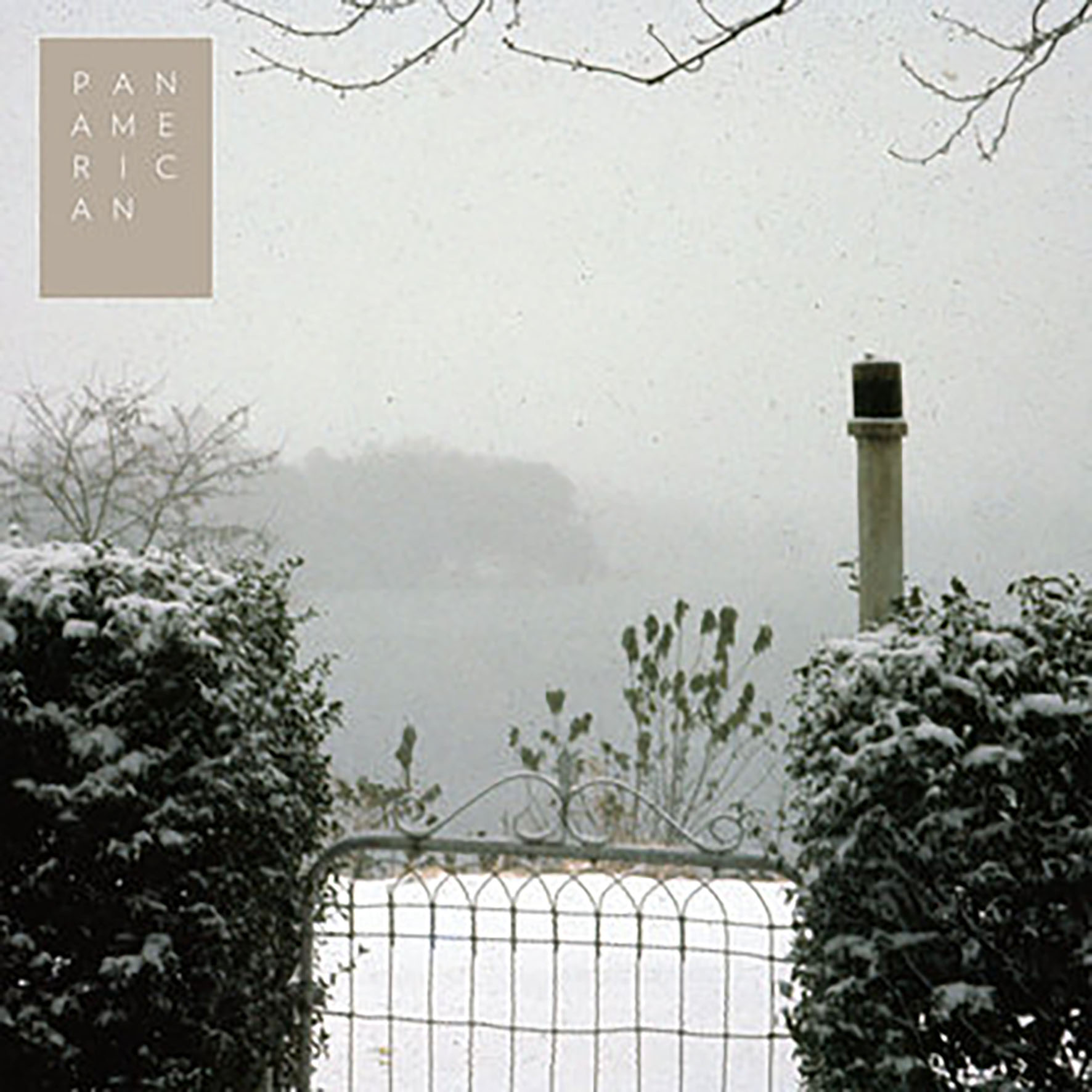 This latest full-length from Mark Nelson's long-running and unpredictably shapeshifting project is a collection of understated, near-ambient solo guitar instrumentals that Kranky describes as the culminating release of the composer's "romantic minimalism" side. It certainly is a languorously meditative and unrepentantly lowercase suite of songs, blurring the lines between an "ageless, scarred" Americana and dreamlike ambient drift. Significantly, the album was recorded during the first summer of the pandemic, as Nelson views these songs as a sort of "'lighthouse music,'" radiance cast from a stable vantage point, sending 'a signal to help others through rocks and dangerous currents.'" Given its gently minimal, near-ambient "lone guitar in the fog" aesthetic, The Patience Fader is likely to be something of a polarizing release: it falls dangerously close to calming Windham Hill-style prettiness a couple of times, but it can also feel incredibly poignant and sublime if one chooses to listen deeply enough. While it feels weird to describe music this quiet and slow-moving as "a bold move," it is exactly that. It would have been much easier for Nelson to revisit familiar, more fan-friendly territory than to attempt to convey something profound and ineffable while blearily hovering at the edge of perception like a ghost.
This latest full-length from Mark Nelson's long-running and unpredictably shapeshifting project is a collection of understated, near-ambient solo guitar instrumentals that Kranky describes as the culminating release of the composer's "romantic minimalism" side. It certainly is a languorously meditative and unrepentantly lowercase suite of songs, blurring the lines between an "ageless, scarred" Americana and dreamlike ambient drift. Significantly, the album was recorded during the first summer of the pandemic, as Nelson views these songs as a sort of "'lighthouse music,'" radiance cast from a stable vantage point, sending 'a signal to help others through rocks and dangerous currents.'" Given its gently minimal, near-ambient "lone guitar in the fog" aesthetic, The Patience Fader is likely to be something of a polarizing release: it falls dangerously close to calming Windham Hill-style prettiness a couple of times, but it can also feel incredibly poignant and sublime if one chooses to listen deeply enough. While it feels weird to describe music this quiet and slow-moving as "a bold move," it is exactly that. It would have been much easier for Nelson to revisit familiar, more fan-friendly territory than to attempt to convey something profound and ineffable while blearily hovering at the edge of perception like a ghost.
The wintry, desolate, and fog-shrouded view immortalized in the cover art was both a curiously counterintuitive and impressively apt aesthetic choice for a number of reasons. The most immediately striking collision of themes, of course, is that The Patience Fader is a considerably warmer album than the cover art would suggest (and it was recorded during considerably warmer circumstances as well). However, the image does portray a landscape that feels like it is in a lonely state of chilled suspended animation, which nicely mirrors the music in a significant way: all ten of these pieces feel like they exist in a state of bleary and blurred suspension. That is just the backdrop, however, as Nelson's tender melodies metaphorically transform that "before picture" melancholia into something a bit more sundappled and hopeful. Only a bit, mind you, but in a way that definitely matters—like how a break in the clouds on a foreboding day might allow a few rays of light to stream through the window to share their warmth and possibly illuminate floating dust motes in a lovely way.
In less poetic terms, that means that the baseline aesthetic of this album is basically a slow-motion, art-damaged twist on back porch slide guitar blues reverberating through a soft-focus ambient fog. My two favorite pieces are "Harmony Conversion" and "Just a Story," but it is generally true that all of the longer pieces are excellent and that all of the shorter pieces either feel like transitional interludes or like they end too soon to leave a substantial impression. It is also generally true that these songs all feel like variations upon a single elegantly distilled theme, so the ones that boast a distinctive twist understandably tend to be the ones that stand out the most. For example, the opening moments of the far-too-brief "Corniel" feel like a lost great Tim Hecker piece (and a harmonica-driven one at that), while "Harmony Conversion" combines swooning intertwined melodies with some subtle dub touches. "Just a Story," on the other hand, feels like a heavenly collision between Takoma-style Americana and the slow-motion, minimalist psychedelia of Dean McPhee. It also feels like a heavenly collision between the album's rippling, dreamlike production and Nelson's gift for songcraft, as the wistful melody is legitimately gorgeous and a few of the chord changes will likely elicit gasps or chills in those who appreciate such things. That makes it the album's obvious stand-alone highlight, but the vision as a whole is Nelson's more impressive achievement, as he reduced his music to its most nakedly minimal and intimate and did so with nearly unerring execution. This album feels destined to someday be celebrated as a cult/niche masterpiece in lowercase music circles.
Samples can be found here.
Read More

